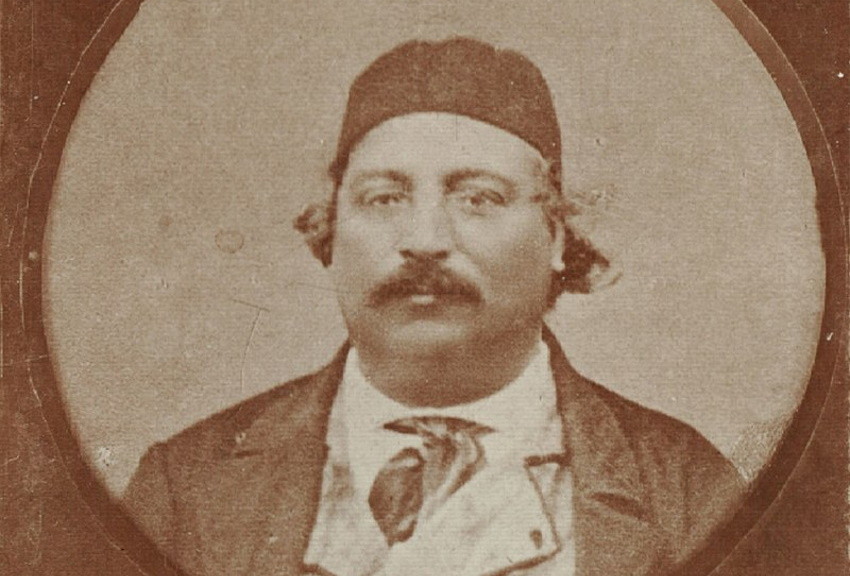The story of this song goes back to Bulgaria’s struggle for independence of the Ottoman Empire. It was created by Dobri Chintulov, teacher, poet and composer of the Bulgarian Revival period, who worked for the enlightenment and national self-awareness of his compatriots. Graduate of the Theological Seminary in Odessa, he was an advocate for national and church freedom.
Dobri Chintulov wrote the lyrics of the song "Kude si, vyarna ti lyubov narodna" ("Where art thou, faithful love of the people") while he was in Odessa. The tune, however, was probably the melody of another song, popular at the time, but whose title is now forgotten. Forgotten is the last word one can say about "Kude si vyarna ti lyubov narodna". The song became a symbol of the awakening of a nation. An awakening that started from a "spark of love" and turned into a "raging flame".

Together with “Stani, stani yunak balkanski” ("Wake up, wake up, Balkan hero"), “Viatar echi, Balkan stene” ("Wind is howling, Balkan is moaning") and several other revolutionary songs by Dobri Chintulov, it raised the spirit of the Bulgarian patriots during the April Uprising (1876) and the Russo-Turkish War that brought the Liberation of Bulgaria (1878-1879).
One of the latest songs by the beloved star of several generations, Margarita Hranova, is "Moyat den badi" ("Be My Day"). In it, the singer once again works with Bilyana Chokoeva-Angelova, who is the author of the music and lyrics...
One of the most prominent musicians in the Strasbourg Philharmonic Orchestra is the Bulgarian violist Boris Tonkov. A proven talent, he graduated from the National Music Academy "Lyubomir Pipkov" in Sofia as a student of the legendary Prof. Ognyan..
Born into a musical family, Dani Ilieva has been singing for more than ten years. She has participated in several musical formats, but she considers her greatest achievement to be the award from the National Pop Song Contest “Burgas and the Sea”. Now,..

+359 2 9336 661
